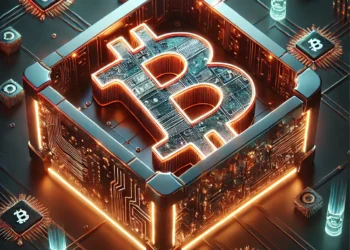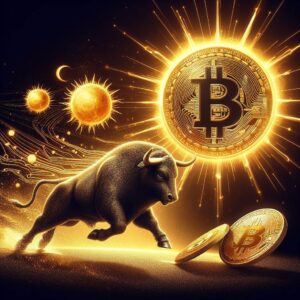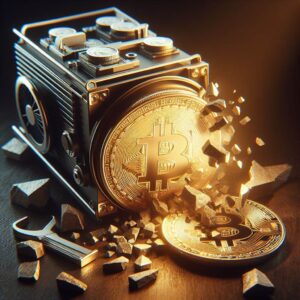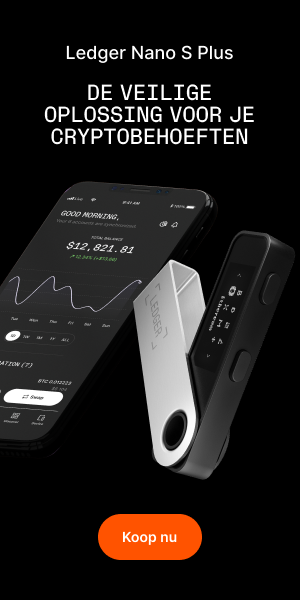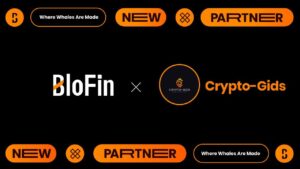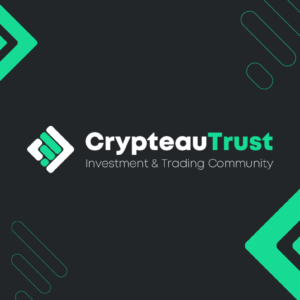In the realm of value storage and protection against economic uncertainty, gold has held a unique position for centuries. However, as technology continues to reshape our financial landscape, the traditional gold standard faces competition from digital gold. This article explores the key differences between the gold standard and digital gold, delving into the potential benefits and considerations associated with each.
Inhoudsopgave
Gold Standard vs. Digital Gold
The term ‘gold standard’ refers to a monetary system where a currency’s value is directly correlated with a specific quantity of gold. Under the gold standard, currencies were exchangeable for gold at a fixed price, ensuring stability and confidence in the monetary system. However, this system waned in the mid-20th century with the rise of fiat currencies, not backed by tangible assets like gold. Conversely, ‘digital gold’ describes cryptocurrencies backed by or linked to the value of gold. By combining the benefits of blockchain technology with the intrinsic value and stability of gold, these digital assets aim to achieve their objectives. Reliable companies or organizations often issue digital gold tokens, exchangeable for real gold. This allows investors access to the precious metal without concerns about physical storage or the logistics of buying and selling physical gold.
Discover Quorium Listing (QGOLD) on XT.COM:
XT.COM, the world’s first socially infused trading platform, is thrilled to announce the listing of Quorium on its platform. Trading pairs QGOLD/USDT and QGOLD/BTC will be open for trading from 26-10-2023.
Key Factors to Consider:
Several variables come into play when comparing the gold standard to digital gold. The first critical factors are convenience and accessibility. In the case of the gold standard, acquiring physical gold usually necessitates purchasing unminted gold or coins, potentially incurring additional costs like storage and insurance. On the contrary, buying and selling digital gold is straightforward through online exchanges, providing investors with more flexibility and liquidity.
Another consideration is transparency and security. The underlying blockchain technology of digital gold ensures enhanced transparency and traceability, reducing the risk of fraud or counterfeit gold. In contrast, the gold standard relies on established institutions to test and verify the authenticity of physical gold, introducing a potential risk.
Ultimately, evaluating the stability and growth potential of each investment option is crucial. Gold has historically been considered a safe haven, retaining its value during economic challenges and serving as a hedge against inflation. The gold standard, closely tied to real gold, provides investors with the assurance of tangible ownership. Digital gold, on the other hand, combines the stability of gold with the potential for rapid and efficient transactions facilitated by blockchain technology.
In conclusion, a turning point in the evolution of invaluable investments is evident in the choice between the gold standard and digital gold. While the gold standard boasts a long history and intrinsic value, digital gold offers accessibility, convenience, transparency, and the potential for swift transactions. Personal preferences and investment goals will ultimately determine whether the gold standard or digital gold takes precedence. It is essential to bear in mind that investing in gold, whether physical or digital, carries inherent risks influenced by economic conditions, investor sentiment, and geopolitical events.
About QGOLD:
QGOLD is a BEP-20 token deployed on the BNB chain with an initial supply of 84,000 QGOLD tokens. This token transforms the digital currency landscape with its groundbreaking stablecoin backed by physical gold obtained through exclusive secure mining rights. QGOLD is supported by both the intrinsic value of existing precious metals and an asset class based on the value of untapped physical gold reserves. Unlike physical gold limited to storage and specific trading hours due to gold market availability, QGOLD can be traded 24/7 worldwide via cryptocurrency exchanges without temporal restrictions.
About the Quorium Project:
Quorium recognizes that mining gold solely for the creation and preservation of precious metal is no longer justified, considering the ecological and social issues surrounding modern gold mining. They aim to give back to local areas where they operate by supporting local businesses and providing employment opportunities. Quorium collaborates with local suppliers and hires local staff to create economic benefits for the community and stimulate the local economy. Moreover, they are committed to supporting social and ecological initiatives in the area.
The headsoffice of Quorium is situated in Curacao:
Website: https://www.quorium.io
Linkedin: https://linkedin.com/company/quorium
Telegram: https://www.t.me/quorium
Contact: [email protected]
About XT.COM:
XT.COM, established in 2018, serves over 6 million registered users, with 500,000+ monthly active users, 40+ million ecosystem users, and over 800 tokens with more than 1000 trading pairs. The crypto exchange XT.COM has expanded its offerings to cover a rich variety of trading categories, providing a secure, trusted, and intuitive trading experience to its vast user base. XT.COM’s services include crypto futures trading, perpetual contracts, and copy trading, allowing users to replicate real-time trades with just one click. The listing of QGOLD on XT.COM aims to offer users more options for diversifying their portfolios with digitally verified gold.
Website: www.xt.com
